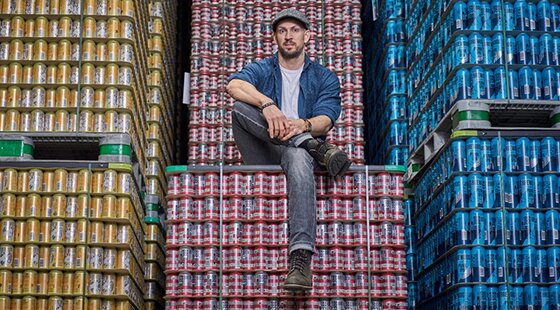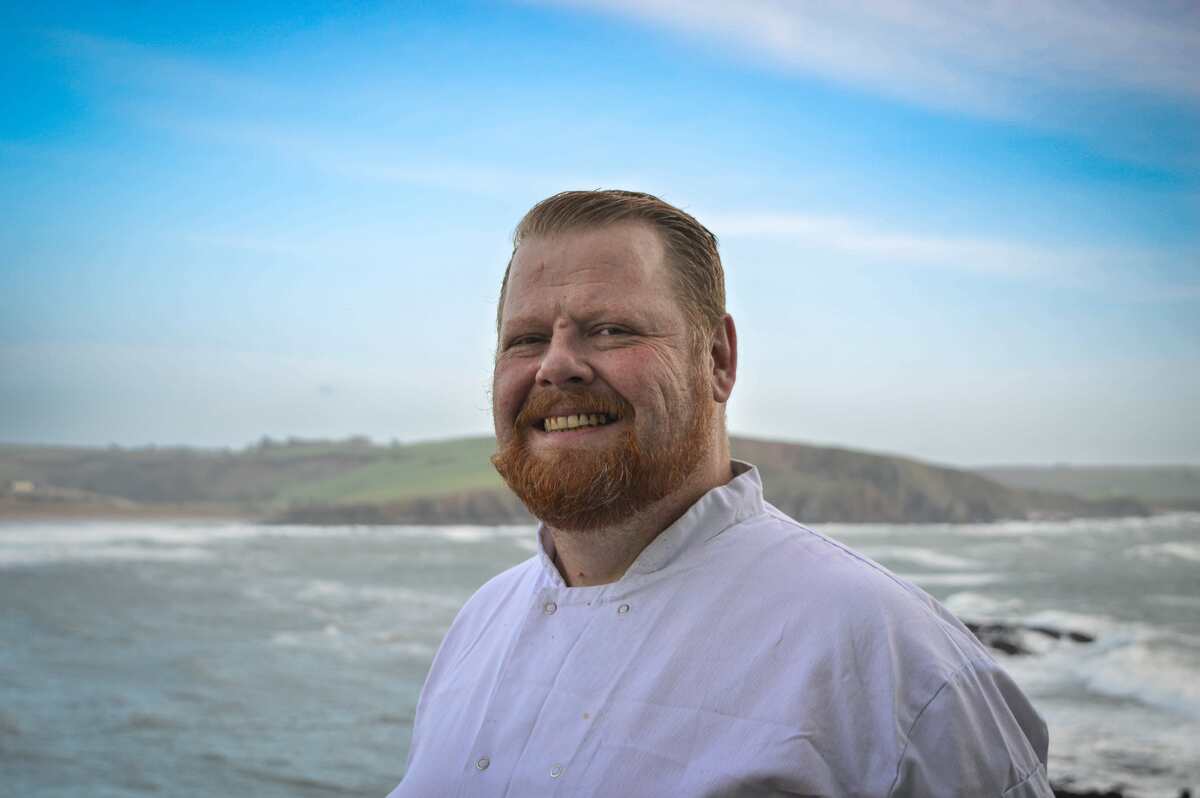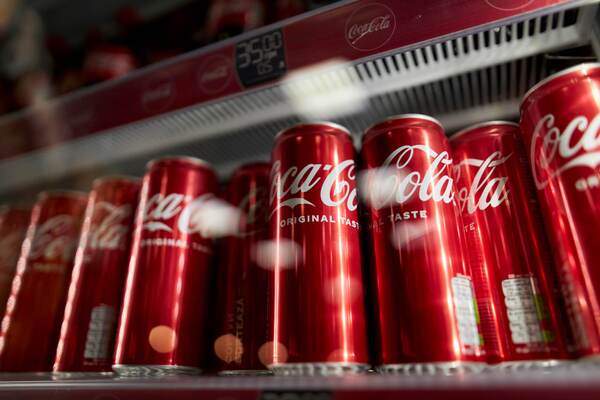BrewDog complaint over BBC documentary rejected by Ofcom
Ofcom has rejected a complaint made by BrewDog over a BBC documentary that alleged personal misconduct by the beer giant’s boss.
BrewDog claimed Disclosure: The Truth about BrewDog treated both the company and its chief executive James Watt unfairly.
It also said the programme had infringed Watt’s privacy by disclosing information relating to his personal investments.
However, Ofcom said the facts were not presented unfairly and BrewDog was given appropriate time to respond to the allegations.
The media watchdog added that Watt’s right to privacy did not outweigh the BBC’s right to freedom of expression and the public interest in the material in the programme.
The documentary aired on 24 January 2022 and included accounts from former BrewDog employees of their experiences of Watt’s alleged misconduct.
It came after more than 100 former staff members signed an open letter alleging there was a “culture of fear” within the business with a “significant number” of team members suffering mental health issues.
Watt later apologised and said the company was “committed to doing better”.
He declined to be interviewed for the BBC programme but his lawyer denied any claims of inappropriate behaviour.
The BBC investigation also revealed that Watt previously held at least £500,000 worth of shares in rival brewer Heineken, which was described by a former BrewDog employee as “genuinely astonishing”.
Watt said he no longer owned the shares and bought them as a goodwill gesture to help with a potential distribution deal with Heineken, which fell through.
The Ofcom ruling comes a month after BrewDog faced criticism for dropping its commitment to being a Real Living Wage employer.
The brewer said that it had to make some “hard decisions” to get the business back to profitability after it made a trading loss in 2023.
A BrewDog spokesperson said: “Ofcom’s ruling concerns the BBC's reporting processes, not the ‘truth’ it reported. The regulator states itself that its role was not to determine the “factual accuracy” of the programme. The BBC’s documentary contains numerous inaccuracies and misrepresentations, so we disagree with Ofcom’s findings that the BBC took “reasonable care”.
"The BBC still needs to explain why it lied about using a proven fraudster as a key source, before being forced to admit the truth when presented with evidence to the contrary.
"Since this programme aired, BrewDog has created nearly 1000 jobs, opened many bars in some of the toughest trading conditions ever and been included in the Sunday Times Best Places to Work as well as named a Top Employer by the Top Employer Institute.”


















